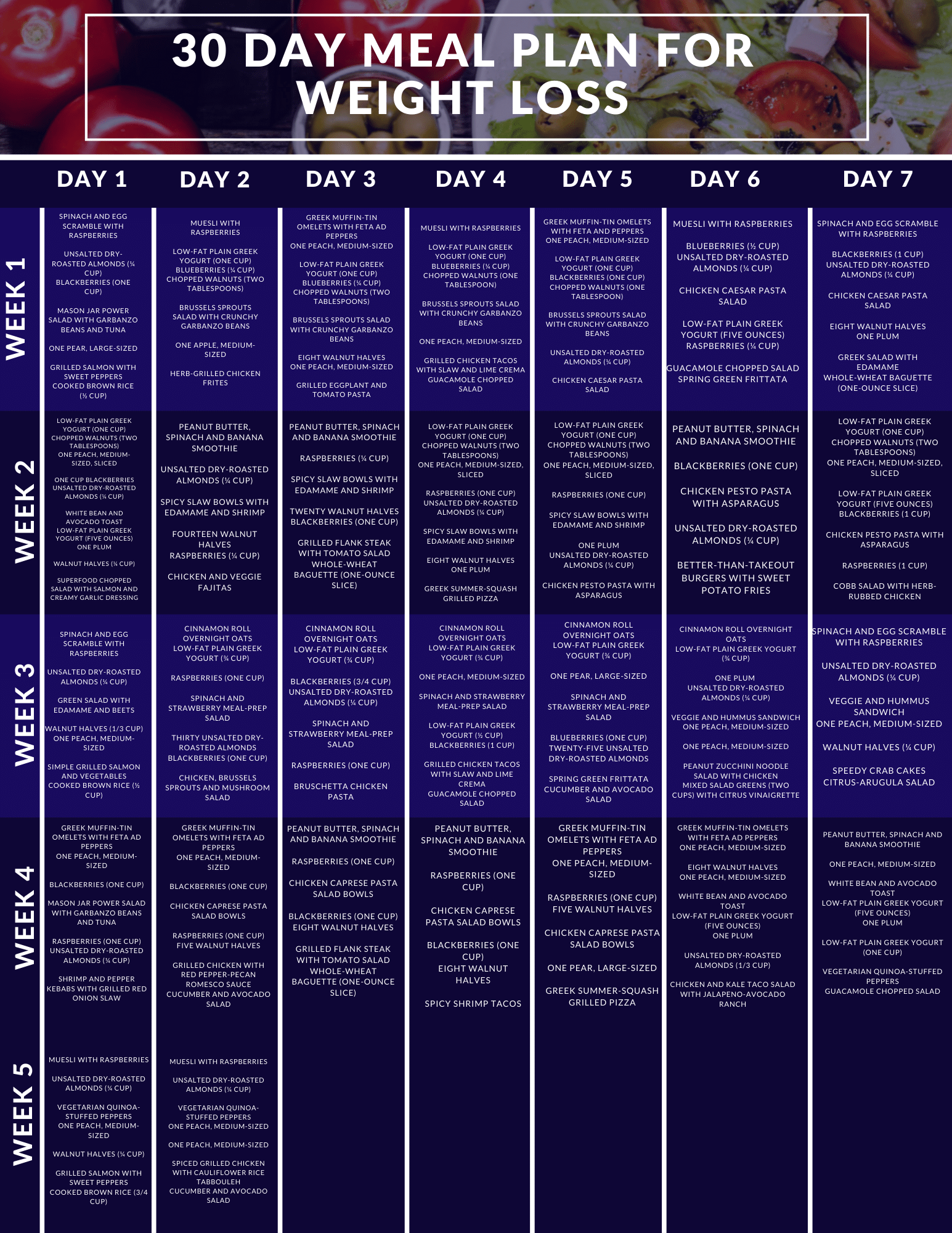In today's fast-paced world, the choices we make about food are influenced not only by personal tastes and wellness goals but also by the societal influences in which we exist. From the Mediterranean approach emphasizing fresh ingredients to popular diets like Keto and Whole30 that capture the interest of health enthusiasts, there is no shortage of dietary frameworks to explore. Understanding the variety of diets available is essential for anyone looking to discover the best fit for their lifestyle, health requirements, and personal values.
In our exploration into the world of diets, we'll analyze 15 different types and investigate their unique benefits and drawbacks. Whether you're aiming for effective weight loss, gaining muscle, or just seeking a healthier way of life, this guide offers insights into popular and specialized diets alike. We'll contrast the principles behind plant-based and vegan diets, explore the intricate details of the DASH diet for heart health, and discuss the advantages of gluten-free and anti-inflammatory eating plans. Join us on this adventure to uncover how culture influences our eating habits and which diet might be suitable for you.
Introduction of Popular Diets
In the current world, a multitude of diets serve different health goals, lifestyles, and cultural preferences. From weight loss to better overall well-being, individuals are exploring different diet plans to find what suits them most. Popular diets like Keto, Paleo, and the Mediterranean lifestyle have gained significant attention due to their organized approaches and claimed health benefits. Each diet presents distinct principles and guidelines, making it important for individuals to understand what each entails before beginning.
The Keto diet focuses on elevated fat, reduced carbohydrate intake, aiming to shift the body's metabolism into a ketogenic state, a state where fat is used as the chief energy source. This contrasts with the Paleo diet, which highlights whole foods that our ancestors would have ingested, such as low-fat meats, fish, fruits, and vegetables, while removing processed foods and grains. The Mediterranean Diet stands out for its priority on plant-centric foods, healthy fats, and moderate consumption of fish and poultry, making it a preferred option among health professionals for its heart-healthy benefits.

Additional significant diets include plant-based and vegan diets, which focus on food derived from plants and omit animal products. Many people are also opting for adaptable diets like the Flexitarian approach, which promotes a primarily vegetarian diet with occasional meat consumption. For those with specific health concerns, targeted diets such as the DASH diet for hypertension or the gluten-free diet for celiac disease have become important in handling various conditions. As Ketogenic diet reflect on their eating habits, it is crucial to explore these popular diets and their alignment with personal health goals and lifestyles.
Understanding Dietary Selections
Dietary preferences can be shaped by multiple factors, such as cultural heritage, personal values, and health considerations. https://faithful-lichee-nrln3q.mystrikingly.com/blog/this-ultimate-resource-to-popular-nutrition-approaches-which-is-suitable-for plays a crucial role in influencing the foods people prefer, as traditional cuisines are often passed down through ages. For example, Mediterranean diets rich in produce, greens, and nutritious fats demonstrate the local farming traditions and climate, while Asian cuisines may focus on grains, fish, and a range of flavors. These ingrained habits shape not only what we eat but also how we view and value food.
Personal convictions, including moral beliefs or wellness goals, influence eating habits. Some individuals might opt for plant-based diets or plant-based eating for ethical motives related to the treatment of animals and sustainability issues. Conversely, some may adopt protein-rich or low-carb diets to achieve exercise objectives or manage specific health conditions. These preferences are often representative of an individual’s core principles and might affect community engagement and life choices.
Comprehending these eating habits is crucial for individuals wanting to adopt a different diet. Knowing the ethnic, moral, and health-related considerations can help individuals choose a diet that both fits their daily routine but also is congruent with their personal beliefs and goals. By identifying these factors, people can navigate the multitude of diet choices offered today and choose the best one for their needs.
Suggestions for Effective Dietary Choices
Finding the suitable diet for your way of life is crucial for ongoing success. Start by assessing your specific goals, whether they involve weight loss, building muscle, or improving total health. Explore different diets and consider their principles, food options, and how they fit with your tastes. Remember that a diet should not feel like a chore; choose one that you can appreciate and sustain over the long term.
Planning meals and organization can significantly enhance your dietary choices. Set aside some time each week to prepare your meals, ensuring you have all the necessary ingredients on hand. This can help avoid last-minute choices that may lead to unhealthy eating. Additionally, try to incorporate a range of foods within your chosen diet to keep meals exciting and nutritionally balanced.
Finally, be aware of the challenges that come with changing your eating habits. It is important to be patient and practical with your expectations. Track your progress and adapt your approach as needed. Surround yourself with supportive individuals who encourage your journey, and feel free to seek professional help if needed. Building a healthy relationship with food takes time and commitment, but the benefits are well worth it.
